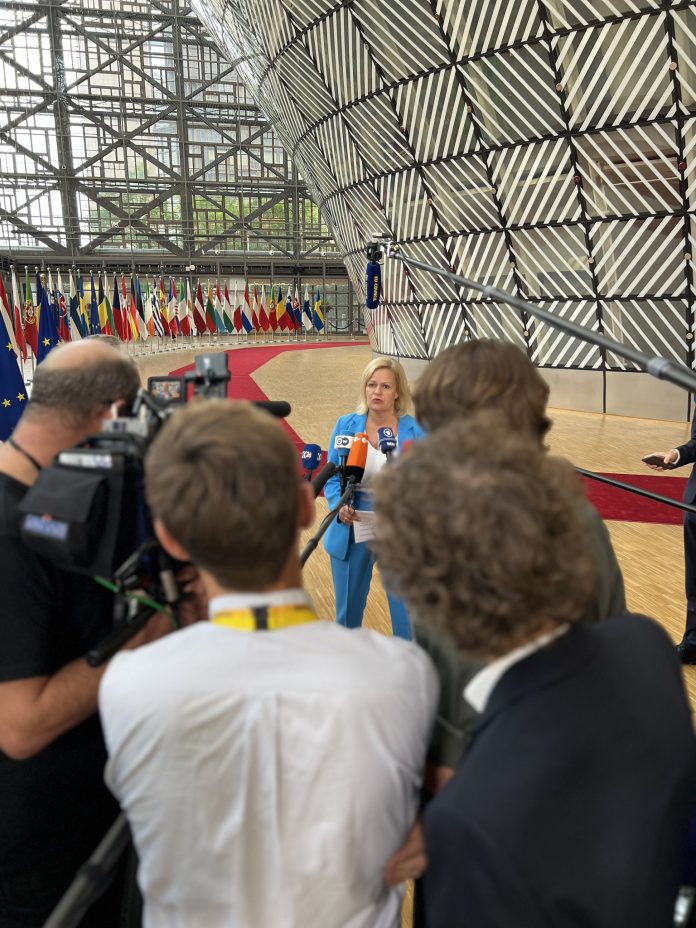Germany intends to step up police patrols along what it terms “smuggling routes” on its borders with Poland and the Czech Republic. New border controls will be introduced this week to “put maximum pressure on smugglers” and to protect people, according to Interior Ministry Nancy Faeser.
A surge in migrant arrivals has reignited the immigration debate in Germany, placing Chancellor Olaf Scholz’s government under renewed pressure.
The latest move comes just a day after police raids across the country uncovered a migrant smuggling operation.
Interior Minister Faeser did not indicate the number of border police to be deployed but did stress that for the time being fixed border checks would not be established. However, imposing fixed controls in the future, should the new measures prove ineffective, had not been “ruled out,” she made clear.
In 2015, Germany set up border checks along its border with Austria, amid a surge in crossings.
Migration causes rifts
German municipalities have called for more federal funding to cope with the jump in migrant arrivals, citing overstretched accommodation and related services that bring back memories of 2015, when Germany took in over 1 million refugees, most of whom were fleeing war in the Middle East.
Opposition parties in Germany are demanding that the government limit the number of asylum-seekers. Bavaria’s conservative Premier Markus Söder has proposed setting an annual upper limit on asylum-seekers of 200,000.
Two weeks ago, Germany sought to suspend a pact with Italy to take in some of its arrivals, claiming that Rome was flouting controversial rules that require asylum applications to be processed in the EU country of first arrival.
Italy’s Prime Minister Giorgia Meloni, in turn, claimed that the German government was financially supporting NGOs “engaged in the reception of irregular migrants on Italian territory and in rescues in the Mediterranean Sea.”
Rome and Berlin efforts to find solutions at the EU level have been hampered because attempts to reform the bloc’s migration and asylum policy remain stalled due to disagreements among the EU’s 27 member states.

